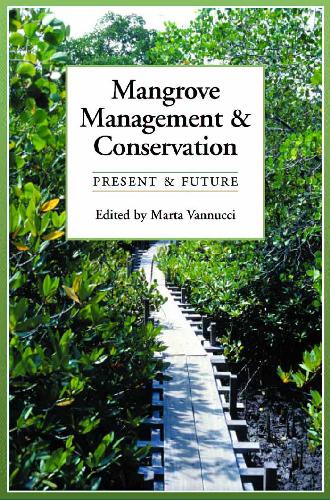Product desciption
Mangrove Management And Conservation Present And Future United Nations by United Nations 9789280810844, 9280810847 instant download after payment.
Ever since the United Nations Earth Summit, more than a decade ago, people have become increasingly aware of the principles of sustainability, and this is helping to change the way that they think and act. However, many environmental conditions are getting worse. It is clear that we need to take collective action, and that everybody must be involved. Yet many environmental problems are complex. For example, climate change is connected to issues such as biodiversity, land degradation, and agricultural production. It therefore requires the coordination of many different stakeholders, and the application of diverse knowledge and skills. The constant evolution of global environmental problems also requires society to be willing to experiment with new and innovative approaches. Many local communities are aware of these issues, but they are struggling to determine how they can successfully implement sustainability at a local level, and in practical terms. The Global Environment Information Centre at United Nations University recognized the importance for communities to adopt innovative methods. We found that this would improve environmental conditions and empower these communities. In order to understand how innovation can be applied to environmental management at the community level, and promoted in easy-to-use forms, we drew together a team of experts, academics, and community leaders to examine community innovation and its role in promoting sustainability. The result of our work is the book "Innovative Communities". It provides a concise overview of how innovation and change have a critical role in promoting sustainability. The book has examples from countries in the Asia Pacific region where communities are using innovative methods to address complex and unpredictable environmental problems. This often means introducing new cultures, institutions and governance structures, as well as dramatic changes in people's perceptions, attitudes, roles and behaviors. The book illustrates various challenges faced by communities in bringing about innovation. It does this by analyzing examples of innovation and community-based environmental initiatives, such as the management of natural resources, forests, solid waste and water, as well as ecotourism. The book demonstrates that, for communities to successfully adopt new approaches in promoting sustainability, it is important to foster people's innovativeness and creativity. The book also identifies factors that help communities implement these initiatives successfully, such as using local culture and knowledge, indigenous systems, strong leadership, and effective mechanisms to ensure strong partnerships and participation. We hope that this book will help other communities to improve environmental sustainability, and that this will not only improve their circumstances but also contribute to environmental affairs regionally and globally.


